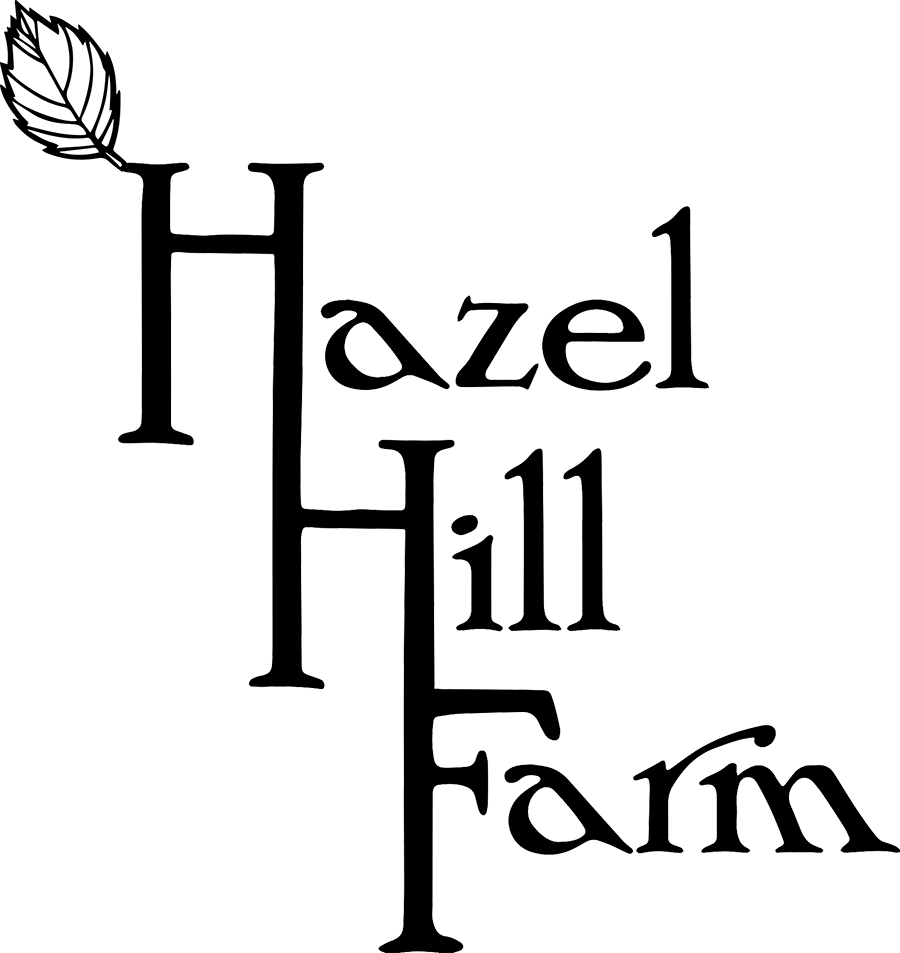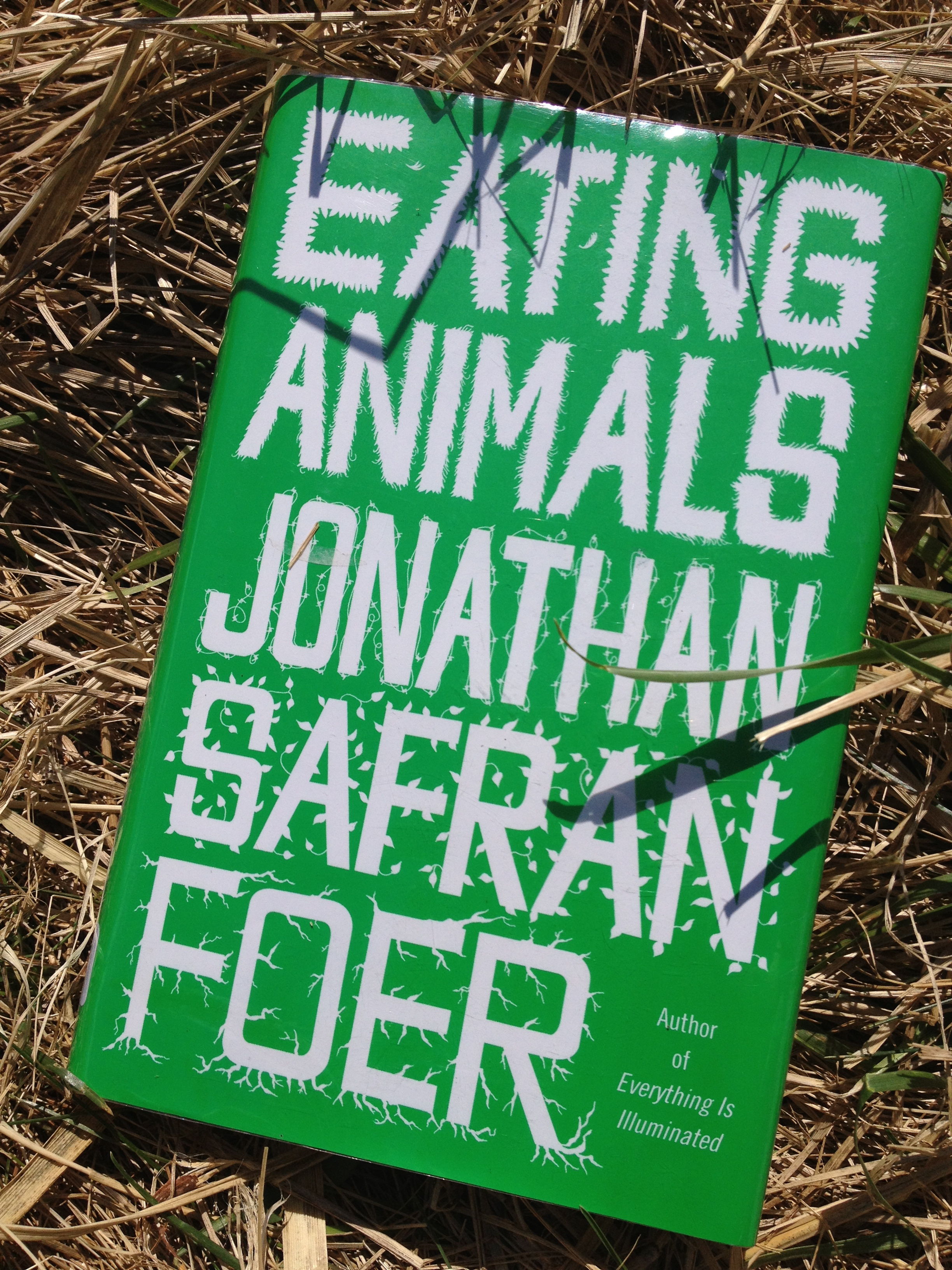Jonathan Safran Foer, best known for his fiction, wrote a book about his feelings about eating meat. As a former vegetarian, more recent meat appreciator, and a current farmer, I had some warring reactions to his arguments. The book is predicated on the fact that Foer and his wife, both sometimes-vegetarians, were trying to decide whether to raise their impending first child eating meat or not. That question brought him on a three-year journey into the realities of factory farming, commercial fishing and fish farming, and the moral questions of killing an animal for meat. While not much of the information he cited about factory farming was new to me, it never really loses its shock value on repetition. While I have not been re-converted to vegetarianism, the book did push me a little farther down the path I''d already chosen: to eat meat exclusively when I raise it myself, or know intimately where it was raised. Because of my current living situation and choice of career, this will not require the great lengths and expense it would for a city-dweller, but I'll have to work on giving up deli meats.
The other effect this book had on me was squash any remaining desire I had to force myself to like seafood. Between various allergies that keep popping up (shrimp, lobster, crab, and more?), and my distaste for many kinds of fish, the highly destructive fishing practices and disgusting fish farm conditions he describes really put the nail in the coffin of any future fish-eating. Finally, the book did make me think more about the moral questions of killing animals for food, no matter how humanely they were raised. Next week, twenty-five chicks arrive for Dan C. and I, which means that ten weeks later I'll be grappling firsthand with killing animals for meat. At the scale I'm dealing with, I have much more control over a good life and good death than many of the farmers he describes in his book. Larger producers send their animals off to a slaughterhouse or abbatoir, where they lose control of the process. The horrors of large factory slaughterhouses that Foer describes are completely avoidable at the small scale, but that doesn't mean it won't be a bit horrifying in its own way.
Overall, the book was well-written and compelling. Its tone does shift from intense curiosity at the beginning to spirited lecturing towards the end, which makes for a less enjoyable read - although that was probably the point.
Read this if: you need to be strengthened in your vegetarianism; you eat commercial meat with a clear conscience; you are curious why your Purdue chicken is so cheap compared to an organic humanely-raised heritage bird.


